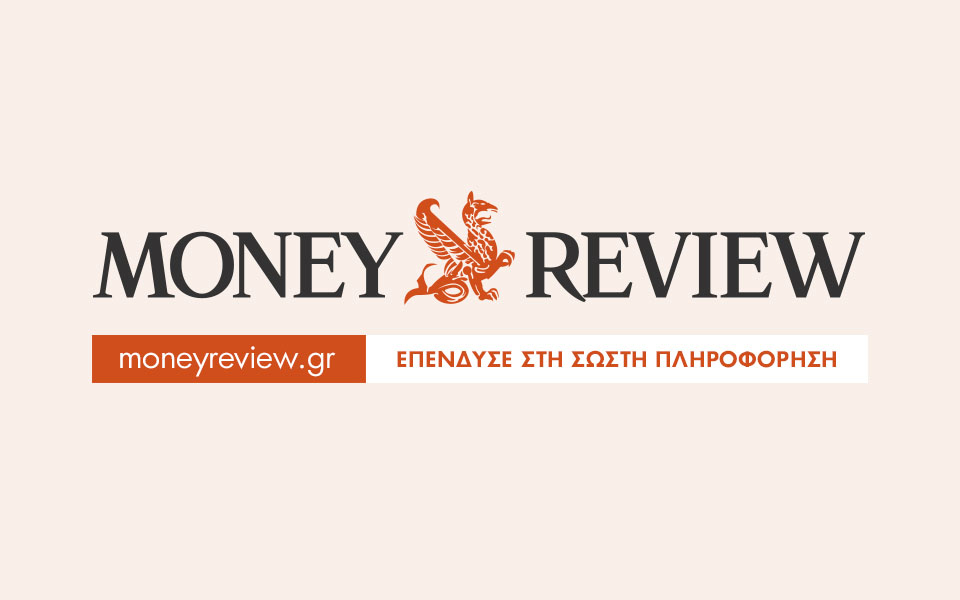Opinion
Non-fungible tokens (NFTs): the next chapter in crypto
As with any new technology, exciting opportunities are being created, but similarly there are risks.
This opinion piece was originally published in Money Review section of Kathimerini and is forthcoming in the Cyprus Economics Society (also in Greek), Cyprus Mail and El Economista.

Non-fungible tokens, or NFTs, are the next hype in the crypto world. According to Collins Dictionary ‘NFT’ was the 2021 word of the year.
But what are they exactly and how are they different from other crypto-tokens or currencies? More established cryptocurrencies, like Bitcoin and stablecoins, are fungible – meaning exchangeable and interchangeable – in nature. Just like mainstream money, they can be exchanged without any claim to ownership. While I might own a €5 euro, or a Bitcoin, I don’t need to prove it when I use it in a transaction, and that really simplifies the process of exchange. But if I loan my car to someone, I will need to get the same car back, not just an equivalent. So, cars are not fungible.
NFTs, like cryptocurrencies, are digital. But with NFTs, one can store digital content of some sort, say a picture, or music. Unlike mainstream cryptocurrencies, NFTs are set up to ensure that someone is the unique owner of that content. The blockchain technology behind it acts as a digital contract that establishes the legal ownership of the content, which is therefore non-fungible. Two NFTs are not necessarily exchangeable the way two one-euro coins or two bitcoins are.
How are they used and what do they do?
As economies become increasingly digitised, so will the need to identify digital assets precisely, and also to replicate certain properties usually associated with physical assets, like uniqueness and property rights. Blockchain technology establishes both that an NFT is unique, and that its owner has ownership rights. Once these are guaranteed, the asset’s value derives from scarcity, and is determined by what buyers are willing to pay, similarly to a work of art. Imagine a modern Rembrandt composing a digital painting. NFTs would authenticate it as “a Rembrandt”, but the art world would establish that it is valuable.
Indeed, it is in digital art, crypto-art or crypto-collectibles, where NFTs are being used the most.
The first NFT artwork, the image of an octagon called Quantum, was created in 2014 and is on sale now for $7 million. Here you can see the five most expensive NFTs in 2021. Art in the form of NFT by the most famous digital artist, Beeple, has been sold for over $69 million. Analysts at JPMorgan have estimated that the total market capitalisation of the NFT universe amounts to $7 billion.
But there is another industry disrupted by the emergence of NFTs: the gaming industry. The integration of blockchain technology in games has allowed the creation of content tokens that can be traded. Developers and gamers have therefore been able to monetarise their games, in other words to earn financial returns for their skills and time invested in games. The play-to-earn model has meant that gaming assets are created that can be bought and sold, creating a viable market.
As with any new technology, exciting opportunities are being created, but similarly there are risks.
The most obvious risk is naturally the hype. Just like any asset, NFTs can be subject to bubbles that, when they burst, will cause abrupt financial costs for those involved. Also, as part of the crypto world, NFTs are valued in in cryptocurrencies, mainly Ethereum. This implies that their value is linked to typically volatile assets, exacerbating the economic cost of hypes and bubbles.
A nascent market is not subject to regulation and remains vulnerable to fraud, including unauthorised copying. It is not clear whether the technology around NFTs is secure, which can naturally impact their scarcity, which is the source of their value.
This is particularly relevant for the gaming industry, which attracts a very specific part of the population, typically the young, who might be digitally savvy but are not necessarily financially savvy. Being part of the gaming community does not qualify people to manage crypto portfolios. This may have crucial consumer implications for a vulnerable and unprepared segment of society.
Republishing and referencing
Bruegel considers itself a public good and takes no institutional standpoint.
Due to copyright agreements we ask that you kindly email request to republish opinions that have appeared in print to [email protected].









